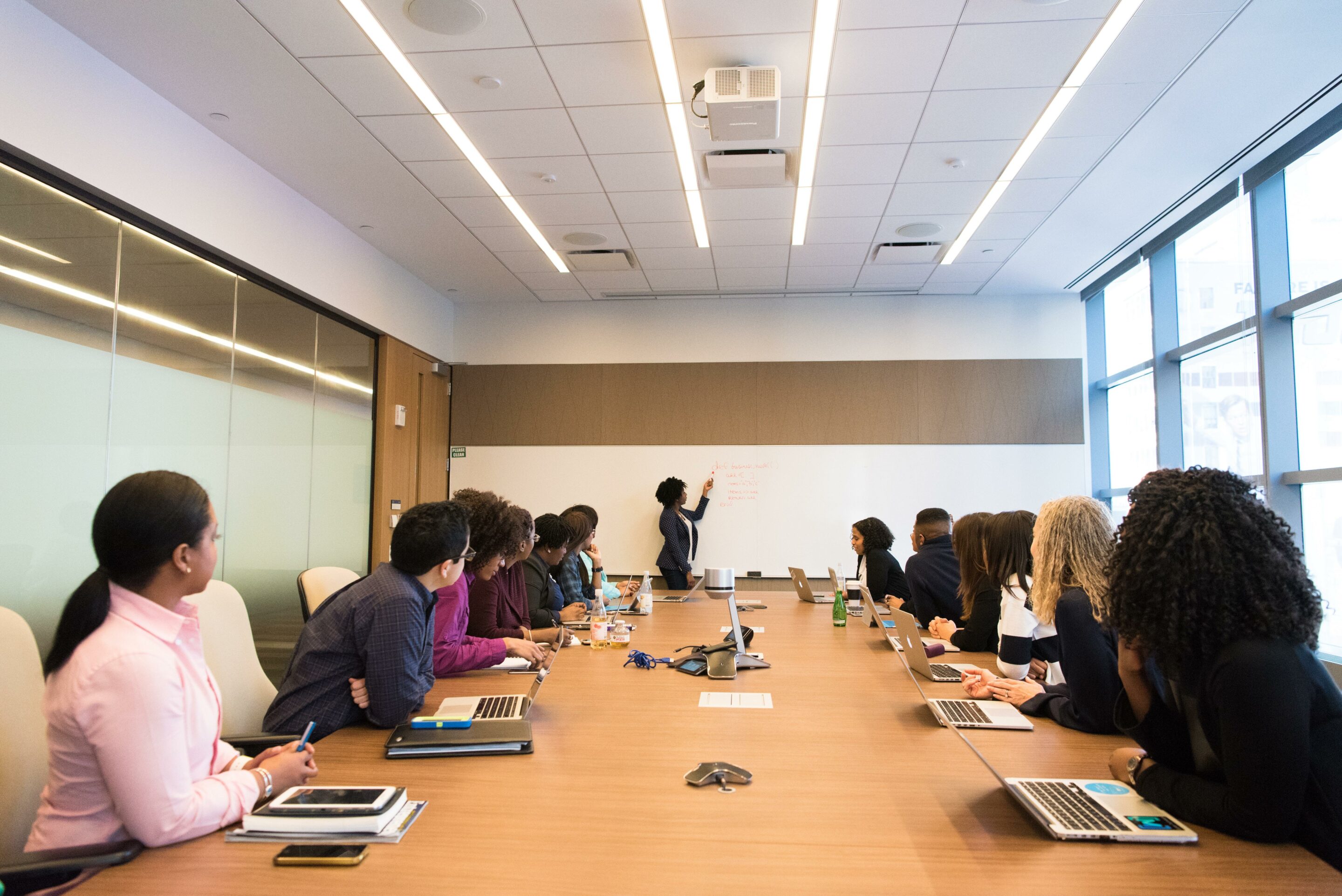This article discusses the process variations and styles of mediation from Dr Grant Morris and Annabel Shaw’s commentary (A to Z of New Zealand Law — Alternative Dispute Resolution — Mediation (online ed, Thomson Reuters)).
Process variations
There are several variations to the classic model of mediation. The classic model is discussed in our previous issue ‘The process of mediation’. These include co-mediation, telephone mediation, multiparty mediation, shuttle mediation and online mediation.
- Co-mediation
Two mediators conduct the mediation in a co-mediation. This may be suitable for a complex mediation with several parties involved. It may also be used if the parties need a specialist mediator. One of the disadvantages of co-mediation is the cost involved. This is not a common commercial mediation model in New Zealand. - Telephone mediation
Telephone mediation may be useful for parties who are uncomfortable communicating in person. One of the disadvantages relates to the quality of engagement between the parties. Online mediation, however, is similar to the classic model. Please see our previous issue How can online mediation be used? for more information on online mediation. - Multiparty mediation
Multiparty mediation could be preferred if there are more than four parties involved. This is because multiparty disputes usually involve several issues and are complex. A more detailed pre-mediation phase is required to identify the relevant parties involved, to reach an agreement about the issues in dispute, and to clarify the authority to settle. Multiple sessions with different parties are common in a multiparty mediation. Multiparty mediations may not be confidential, and it is not a common commercial mediation model in New Zealand. - Shuttle mediation
Shuttle mediation is where the mediator meets with the parties separately. This method is suitable for disputes that require standard negotiation and settlement-focused mediations. Please see our previous issue ‘Overcoming barriers and challenges of mediation’ further information.
Mediation styles
There are a couple of main mediation styles, and each have different objectives. The mediator in a process-oriented mediation facilitates the process and the parties have the responsibility to resolve the dispute. These include facilitative, settlement, transformative and narrative mediation. In a substance-oriented mediation, an expert mediator in the subject matter will recommend how the dispute can be resolved.
- Facilitative mediation
Facilitative mediation is the classic style of mediation which is discussed in our previous issue ‘The process of mediation’. This style focuses on the parties’ interests rather than their legal rights or positions. The emphasis is on the process, and the mediator will support the parties to resolve the dispute themselves. This style may be preferred if it is important for the parties to preserve relationships. - Settlement mediation
Settlement mediation is commonly used for commercial and transactional disputes. It focuses on positions rather than interests, and the mediator will actively assist the parties to reach a settlement. This style often involves shuttle negotiation and parties are usually legally represented. While this style has a good settlement rate, it does not necessarily result in a quality settlement. - Evaluative mediation
Evaluative mediation focuses on the parties’ rights and the mediator provides expert advice. The mediator will actively give recommendations, legal opinions and advise on the possible outcomes in court. Parties are often legally represented. There are concerns that this style may undermine parties’ autonomy and is more prone to power imbalances. - Transformative and narrative mediation
In transformative and narrative mediations, the mediator encourages the parties to transform relationships. The mediator will not actively intervene because the focus is on changing relationships rather than on settlement. While this is a good option if parties want to improve relationships, it can be harmful if it is not done well. Depending on the situation, mediators may apply aspects of transformative and narrative mediation.
Conclusion
The best style will depend on numerous factors such as the situation, relevant parties involved, the issue that is in dispute and the type of mediator. Facilitative mediation will be best if the dispute involves multiple complex issues. Settlement mediation can be used to help parties reach an outcome. Evaluative mediation can help parties resolve negotiation impasses, reach a settlement, and receive comments from an expert mediator in the subject matter. Transformative and narrative mediations are great options if parties wish to improve relationships.
It is important that parties are informed about the mediation process regardless of which style of mediation is used.
How can you find out more?
At Norling Law, we are passionate about solving commercial disputes and legal issues.
We offer professional, independent, and impartial mediation services to users in a dispute. Norling Law supports mediation as an efficient way of solving legal issues. Especially if the parties to the dispute want a negotiated outcome that remains private and confidential and puts a prompt end to the costs of having the dispute ongoing.
As mediators and representatives, we assist the users to a mediation achieve their priorities throughout the mediation process and enable them to make informed decisions regarding the resolution of the disputes they are involved in.
Our mediator, Wendy Alexander, regularly assists with the facilitation of settlements through mediation.
At Norling Law, we receive a large number of commercial disputes. Commercial disputes can be extremely stressful and can often be suitable for mediation. The parties may have been negotiating directly to reach a solution that would meet the interests of both parties. However, the parties often find it difficult to reach agreement.
Using mediation is an option that could potentially resolve commercial problems quickly and efficiently. Mediation is a low-cost option to consider before deciding on whether to litigate. Traditional mediation is usually a more expensive process as it involves the users meeting physically and there are resulting costs involved with travel and booking a neutral meeting room (or rooms). Sometimes traditional mediation might not be available at all for urgent matters.
Wendy can effectively assist users of mediation with her extensive experience as a commercial mediator. Wendy completed training at Program on Negotiation at Harvard Law School, USA and the AMINZ. Wendy is also an Associate Member of AMINZ. This training complements the skills she already has in negotiation and dispute resolution.
Wendy often receives feedback from the mediation parties that they felt relaxed and in safe hands with the management of the dispute and that Wendy truly understood where they were coming from.
If Wendy’s expertise can be of assistance, the first step is to send us the details of your dispute here.



